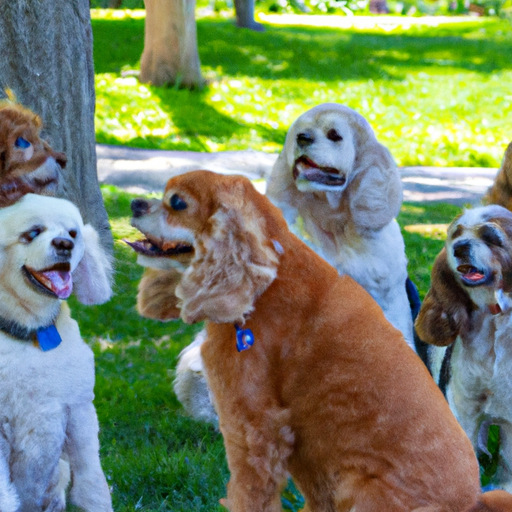The choice of a canine companion for your elderly loved one is a critical decision that requires careful consideration. As a caregiver, you understand the profound impact a pet can have on a senior’s life, offering companionship, reducing stress, and even improving health outcomes.
Understanding the Importance of Dogs in Seniors’ Lives
From offering unconditional love to providing a sense of purpose, dogs can significantly enhance the quality of life for seniors. Here are some key benefits:
- Companionship: Dogs are known for their loyalty and companionship, which can be particularly beneficial for seniors who live alone.
- Physical Activity: Regular walks and playtime with a dog can provide seniors with much-needed physical activity.
- Mental Health: Studies have shown that pet ownership can reduce stress, anxiety, and depression.
- Social Interaction: Dogs can provide opportunities for social interaction, whether it’s at the dog park or just chatting with neighbors on a walk.
Top 5 Breeds for Seniors
When choosing a dog for a senior, consider factors such as the dog’s size, temperament, and care requirements. Here are our top five recommended breeds:
| Breed | Size | Temperament | Care Requirements |
|---|---|---|---|
| French Bulldog | Small | Calm, Friendly | Low |
| Shih Tzu | Small | Affectionate, Alert | Moderate |
| Poodle (Miniature or Toy) | Small to Medium | Intelligent, Friendly | Moderate |
| Cavalier King Charles Spaniel | Small | Gentle, Affectionate | Moderate |
| Bichon Frise | Small | Cheerful, Good-natured | Moderate |
Assessing Your Senior’s Lifestyle
Before making a decision, ensure you’ve taken the senior’s lifestyle into account. Consider the following:
- Physical Abilities: Will they be able to walk and care for the dog independently?
- Living Situation: Is their living space suitable for a dog? Is the breed you’ve chosen appropriate for their living situation?
- Financial Situation: Can they afford the ongoing costs of pet ownership?
Adopting vs. Buying
While many people choose to buy puppies, adopting a dog can be a great option for seniors. Older dogs are often calmer, require less training, and many are in desperate need of a loving home.
Frequently Asked Questions (FAQs)
Q: Are small dogs always the best choice for seniors?
A: Not necessarily. While small dogs are often recommended due to their manageable size and lower exercise needs, the best choice depends on the individual senior’s lifestyle and preferences.
Q: What if the senior has mobility issues?
A: In such cases, a calm, lower-energy breed or an older dog would be a better choice.
Q: Can dogs be trained to assist seniors in their daily tasks?
A: Yes, some dogs can be trained as service dogs to help with tasks such as fetching items, opening doors, or even alerting someone if the senior falls or needs assistance.
The bond between a senior and their pet can be one of life’s greatest joys. By taking the time to choose the right dog for your elderly loved one, you’re not only giving them a pet, you’re giving them a companion, a purpose, and a whole lot of love.



